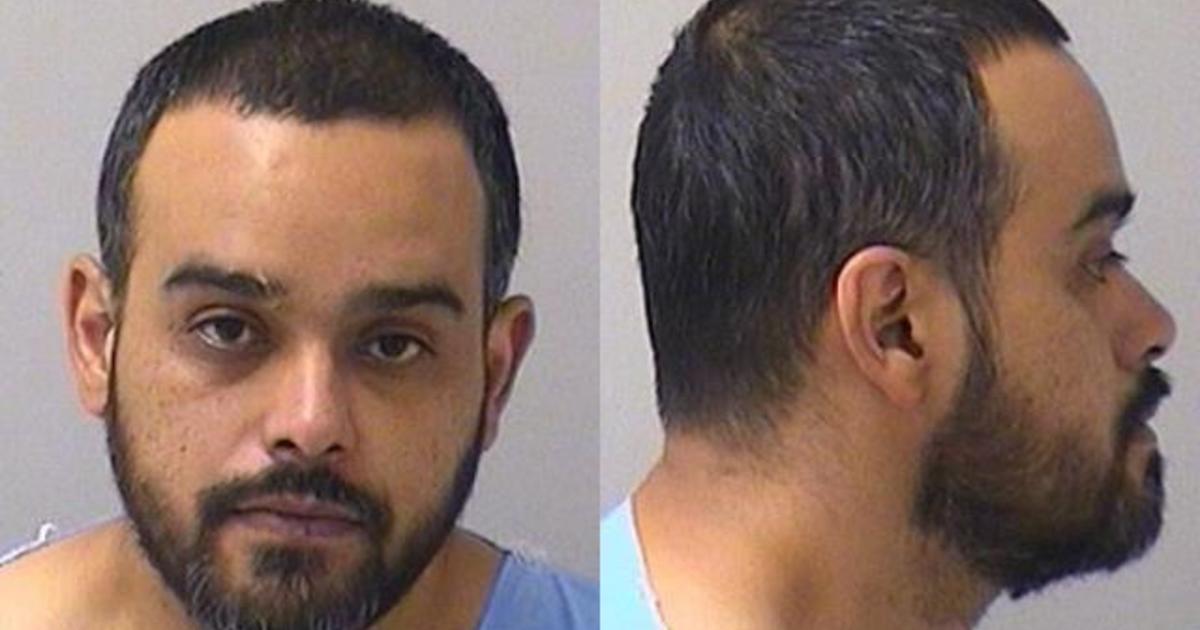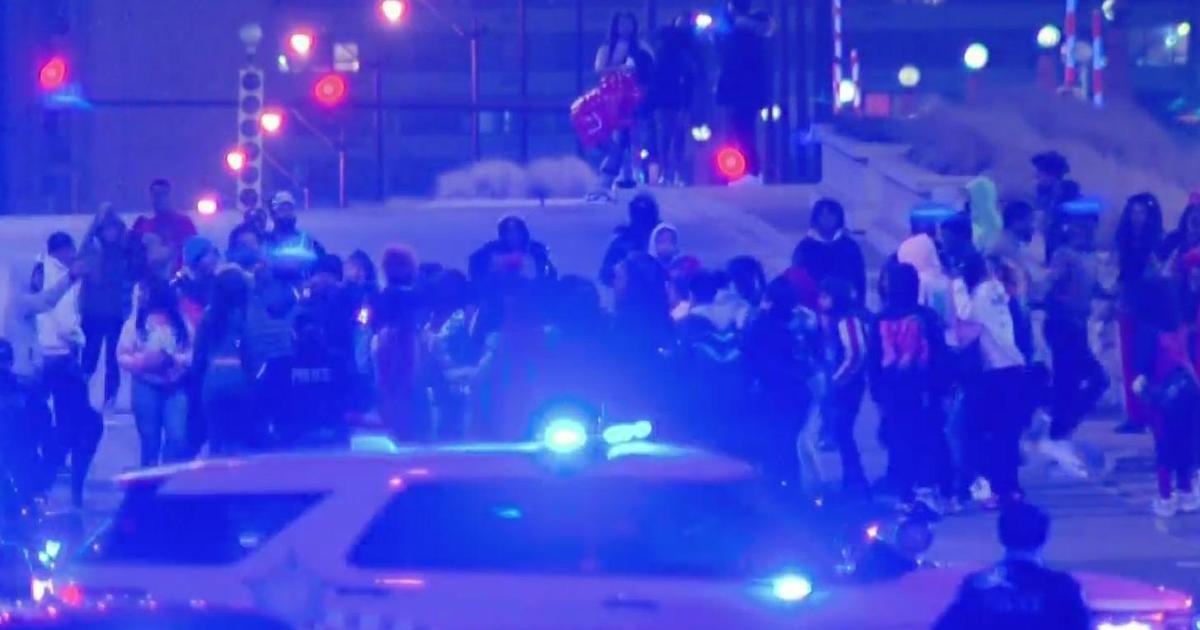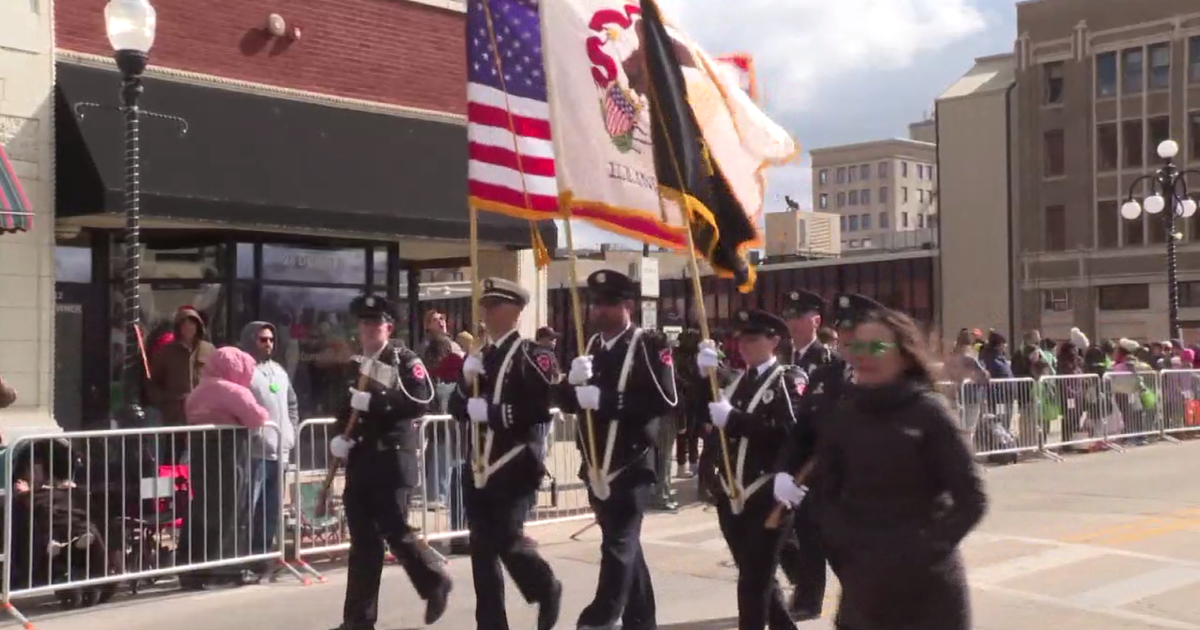Conviction Overturned In Case Of Murdered Aurora Boy
CHICAGO (STMW) -- Appellate Court justices cited a judge's error for overturning Mark Downs' conviction in the 1996 shooting death of 6-year-old Nico Contreras in Aurora, according to a ruling filed Friday.
In 2010, Downs was sentenced to 70 years in prison by now-retired Kane County Circuit Judge Timothy Sheldon, who mentioned Downs' lack of remorse and criminal history as part of his sentencing decision, the Beacon-News is reporting. However, it was Sheldon's response to jurors a year earlier during Downs' trial that caused members of the Second District Appellate Court to vacate the murder conviction and subsequent prison sentence.
It is unclear when the case will return to Kane County for further proceedings. Kane County State's Attorney Joe McMahon said late Friday that his office would review the appellate decision and "respond accordingly in court."
Nico Contreras was sleeping in his grandmother's house on Aurora's near East Side when gunshots were fired into the home, killing the boy. No arrests were made until 11 years later, when Downs and two others were charged with Nico's murder. One of the men, Ruben Davila, testified that Downs was the trigger man.
The 20-page appellate ruling specifically cites an instance when jurors deliberating in Downs' 2009 trial asked Sheldon to define reasonable doubt — the legal threshold used by juries to decide the guilt or innocence of a defendant. Jurors even included percentages of 60, 70 or 80 as part of the question, something that prompted Sheldon to say to attorneys in the case, "I believe you will enjoy this."
Sheldon, along with Assistant State's Attorney Mark Stajdohar and Downs' attorney, then-Kane County Public Defender David Kliment, pondered the situation briefly before Stajdohar suggested to tell jurors it was for them to decide what reasonable doubt meant.
"We cannot give you a definition, it is your duty to define," Sheldon wrote to jurors.
Downs, after four years of appealing the conviction by blaming ineffective attorneys, only recently capitalized on Sheldon's response to form a new appeal argument that the jury likely used a "lesser standard to convict him" — something short of being beyond a reasonable doubt. Appellate judges agreed that Sheldon committed an error which could be reversed.
"... the jury's question regarding reasonable doubt gives us a concrete and undeniable view into the jury's thought process regarding reasonable doubt," the ruling explains. "By asking if reasonable doubt was 80 percent, 70 percent or 60 percent, the jury clearly showed that it was already contemplating a standard less than the reasonable-doubt standard required by law.
"By instructing the jury that it was 'your duty to define (reasonable doubt),' the trial court gave the jury clear license to continue down its mistaken pathway of equating reasonable doubt to some percentage of confidence," the ruling states, noting the percentages "were disturbingly low."
Jurors at the trial had also asked to see transcripts of trial testimony, and were told it could take several hours for those to be made available. The jury returned its verdict before receiving those transcripts.
The transcript issue, along with the reasonable doubt concerns, led the appellate justices to conclude there was a "substantial likelihood" the jury convicted Downs at a lower standard than that of beyond a reasonable doubt.
(Source: Sun-Times Media Wire © Chicago Sun-Times 2014. All Rights Reserved. This material may not be published, broadcast, rewritten, or redistributed.)



